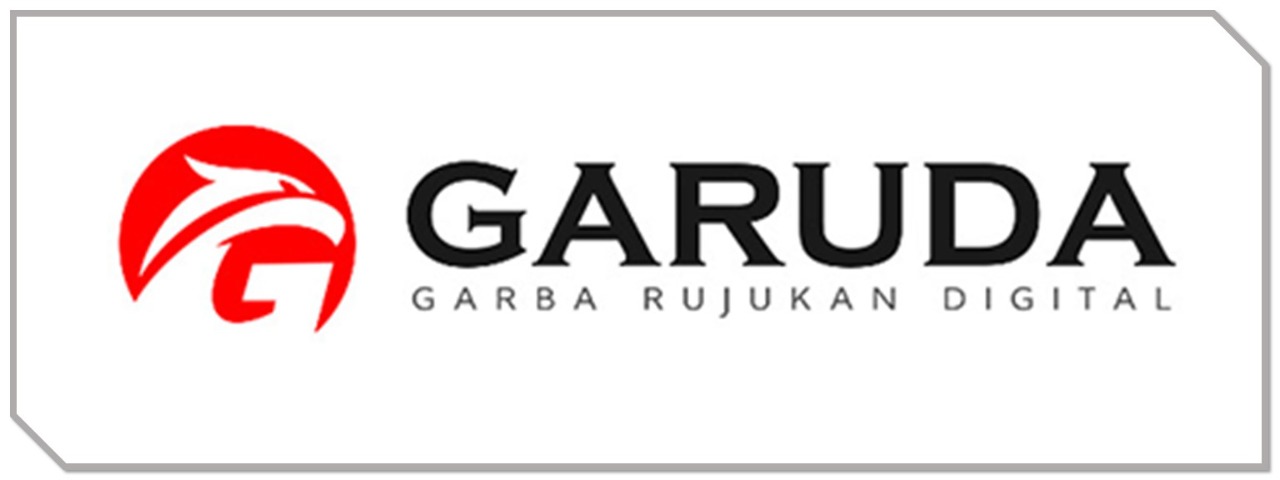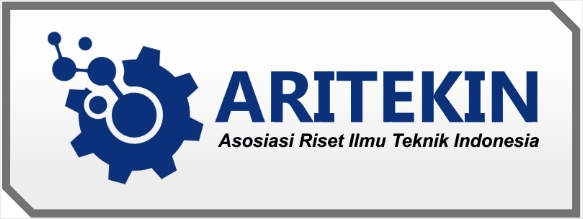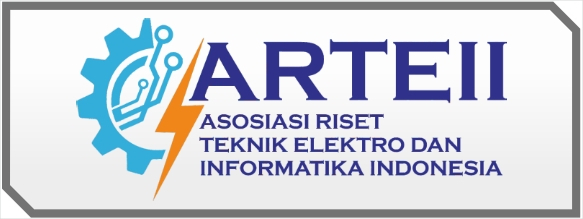Inventory Management System Framework Based on Python and MySQL Database with Blockchain Technology Implementation
DOI:
https://doi.org/10.55606/juitik.v5i3.1562Keywords:
Blockchain Technology, Inventory Management, MySQL, Python, Supply Chain PerformanceAbstract
Efficient and transparent inventory control is increasingly crucial for sustaining supply chain performance in the digital age. Conventional systems often face challenges such as poor visibility, vulnerability to data manipulation, and inefficiencies in stock monitoring. To address these issues, this research proposes a novel inventory management framework integrating Python, MySQL, and blockchain technology, following a Research and Development (R&D) methodology involving need assessment, system design, implementation, testing, and validation. The framework utilizes Python as the core programming language, MySQL for structured data management, and blockchain as a decentralized security layer to ensure data integrity and traceability. The system architecture consists of six main modules: inbound stock management, outbound stock management, blockchain-based storage, validation mechanisms, a user-friendly interface, and reporting tools. Black-box testing confirmed that all modules met their specifications, while security evaluations showed that the blockchain layer, with the SHA-256 hashing algorithm, effectively detected simulated data manipulation attempts. Performance testing revealed a linear increase in processing time relative to transaction volume, with the framework maintaining stability under medium-scale operational loads. This study contributes to the literature on blockchain-enabled inventory systems by introducing a structured, integrative model, and provides a practical framework that enhances efficiency, transparency, and accountability in inventory management. Future research is encouraged to explore scalability challenges and optimize consensus mechanisms for large-scale applications.
References
Almeida, J., Silva, F., & Garcia, R. (2021). Python-based frameworks for rapid prototyping in software engineering. Journal of Systems and Software, 180, 111128. https://doi.org/10.1016/j.jss.2021.111128
Creswell, J. W., & Creswell, J. D. (2022). Research design: Qualitative, quantitative, and mixed methods approaches (6th ed.). SAGE Publications. https://doi.org/10.4135/9781071878509
Gómez, A., Cañas, J., & Díaz, M. (2020). Open-source relational databases: Comparative performance study of MySQL and PostgreSQL. Future Generation Computer Systems, 107, 103–115. https://doi.org/10.1016/j.future.2020.01.005
Hafeez, M., Ahmad, R., & Iqbal, M. (2022). Performance evaluation of relational and NoSQL databases in modern applications. Journal of Cloud Computing, 11(1), 45. https://doi.org/10.1186/s13677-022-00339-y
Ioannou, I., & Demirel, G. (2022). Blockchain and supply chain finance: A critical literature review at the intersection of operations, finance and law. Journal of Banking and Financial Technology, 6(1), 1–23. https://doi.org/10.1007/s42786-022-00049-3
Koubaa, A., Qureshi, B., Allouch, A., Javed, Y., & Cheikhrouhou, O. (2021). Edge AI: Machine learning on embedded and mobile devices using TensorFlow Lite. Electronics, 10(7), 854. https://doi.org/10.3390/electronics10070854
Li, X. (2023). Inventory management and information sharing based on blockchain technology. Computers & Industrial Engineering, 174, 108792. https://doi.org/10.1016/j.cie.2022.108792
Liu, B., Si, X., & Kang, H. (2022). A literature review of blockchain-based applications in supply chain. Sustainability, 14(7), 4020. https://doi.org/10.3390/su14074020
Pandya, P., Odiya, S., & Bhatu, S. (2025). Smart supply chain inventory management using blockchain technology. Journal of Advanced Database Management, 12(2), 77–91. https://doi.org/10.4018/JADM.2025040105
Queiroz, M. M., Telles, R., & Bonilla, S. H. (2020). Blockchain and supply chain management integration: A systematic review of the literature. Supply Chain Management: An International Journal, 25(2), 241–254. https://doi.org/10.1108/SCM-03-2019-0099
Sahoo, S., Kumar, S., Sivarajah, U., Lim, W. M., Christopher, J., & Kumar, A. (2022). Blockchain for sustainable supply chain management: Trends and ways forward. Electronic Commerce Research, 22, 189–213. https://doi.org/10.1007/s10660-021-09520-6
Sharabati, A.-A. A., & Jreisat, E. R. (2024). Blockchain technology implementation in supply chain management: A literature review. Sustainability, 16(4), 2150. https://doi.org/10.3390/su16042150
Tokkozhina, U., Martins, A. L., & Ferreira, J. C. (2022). Uncovering dimensions of the impact of blockchain technology in supply chain management. Operations Management Research, 15(1–2), 175–190. https://doi.org/10.1007/s12063-021-00197-4
van Rossum, G., & Warsaw, B. (2020). Python evolution and its role in modern programming education. Computer Science Education, 30(3–4), 301–318. https://doi.org/10.1080/08993408.2020.1799050
Wannenwetsch, K., Ostermann, I., Priel, R., Gerschner, F., & Theissler, A. (2023). Blockchain for supply chain management: A literature review and open challenges. Procedia Computer Science, 219, 1249–1258. https://doi.org/10.1016/j.procs.2023.01.178
Yavuz, S. B., Ahmet, A. Ç., & Altındağ, E. (2024). Integrating blockchain technology in supply chain management: A bibliometric analysis of theme extraction via text mining. Sustainability, 16(5), 2874. https://doi.org/10.3390/su16052874
Downloads
Published
How to Cite
Issue
Section
License
Copyright (c) 2025 Jurnal Ilmiah Teknik Informatika dan Komunikasi

This work is licensed under a Creative Commons Attribution-ShareAlike 4.0 International License.





















